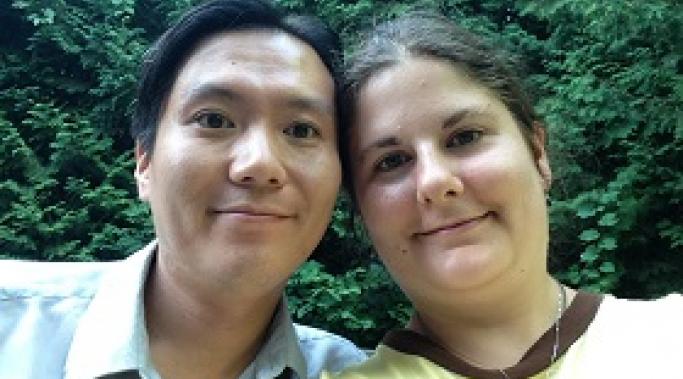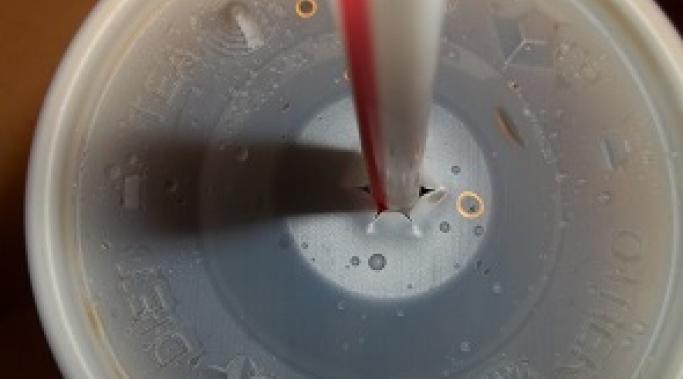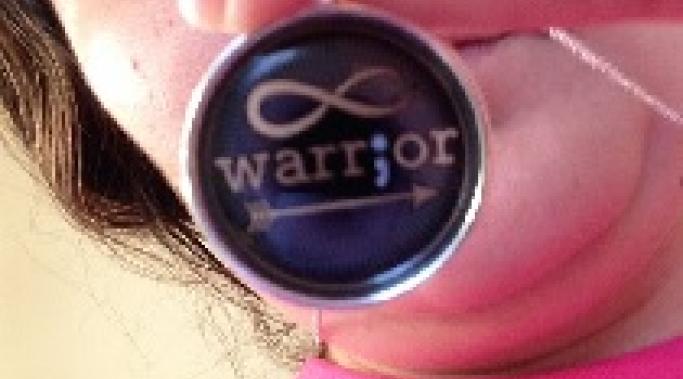You don’t need schizoaffective disorder to wish you had the ability to go back in time to see if things would have worked out differently if you had known when you were younger what you know now. I’ll be honest with you, not a day goes by that I don’t wonder--if I had made different choices in my teens, would I still have gotten schizoaffective disorder (Causes of Schizoaffective Disorder)?
Living with Schizophrenia
As someone with bipolar disorder—and, really, as someone with a mental illness in general—Carrie Fisher meant a lot to me and other people with schizophrenia or schizoaffective disorder (Carrie Fisher and Manic Depression). I think I speak for many of us in the schizophrenic and schizoaffective community when I say she will be missed—an understatement to say the least. Here is what Carrie Fisher meant to me as a person with schizoaffective disorder.
Telling others about your schizoaffective disorder or schizophrenia can be tricky, often because of the stigma surrounding these illnesses (Telling Someone You Have a Mental Illness). Other people may have incorrect preconceived notions about these illnesses, such as the myth that a person with schizophrenia or schizoaffective disorder is violent. Here’s how I approach telling other people about my schizoaffective disorder.
Those of us with schizophrenia or schizoaffective disorder may have to decrease our sugar intake because a lot of the medication for schizophrenia or schizoaffective disorder makes us crave sugar (Psychiatric Drugs and Weight Gain). To lighten the load, I am cutting out sugared sodas right on the heels of dropping alcoholic beverages. Let me tell you how decreasing sugar intake in my schizoaffective disorder is going.
It’s hard enough having schizophrenia or schizoaffective disorder but the stigma against schizoaffective disorder and schizophrenia is something else to fight. Some people have unfriended me on Facebook because I tell them I have schizoaffective disorder. I didn’t do or say anything “crazy.” Just my open admission that I have the disorder was enough. That’s just one example of what happens when someone is uninformed and clings to stereotypes about what I am like--what anyone is like—who has schizophrenia or schizoaffective disorder.
It is generally believed that drinking makes schizophrenia and schizoaffective disorder worse (Drinking Too Much Alcohol? How Much Alcohol is Too Much?). But until very recently, I drank even though I have schizoaffective disorder and am on medication for it. Okay, I was a very light drinker, but I still drank. Then I just stopped. This is why.
Sometimes, schizophrenia or schizoaffective disorder tells us we want to die. It’s a scary feeling, and we often don’t know what to do when such overwhelming feelings intrude (Why People Kill Themselves, Commit Suicide). Should we call a loved one? Should we call 9-1-1? Should we call a suicide hotline? I have often felt this way, but I’m still alive, writing this. I am going to share what I do when I think I want to die by suicide. It is my humble hope that my experience will help you when your schizophrenia or schizoaffective disorder tells you that you might want to die.
So many people with schizophrenia or schizoaffective disorder smoke cigarettes, it seems hard to imagine that they could not only quit smoking but stay smoke-free. But I did it – after several tries – even though I felt hopelessly addicted to cigarettes. So I firmly believe that if I did it, anyone can do it. Here’s how I, one of the many people with schizophrenia or schizoaffective disorder who smoked, quit and stay smoke-free.
Most people with schizoaffective disorder take medication for their condition. Whether I like it or not, I don’t think I could function as a rational human being without medication (Schizoaffective Disorder Treatment). But what is it like to need to take medication for schizoaffective disorder, which includes symptoms of psychosis and the symptoms of a mood disorder?
“Prayer” is one of those words people with schizophrenia or schizoaffective disorder just don’t want to hear. It’s like “yoga” or “meditation.” The problem occurs most often when one of these is suggested as a substitution for medication. Such an alternative is, of course, ridiculous and risky. But, while I’m not suggesting it would work for everyone, prayer helps me with my schizoaffective disorder, along with treatment. The way it helps might not be what you expect.









